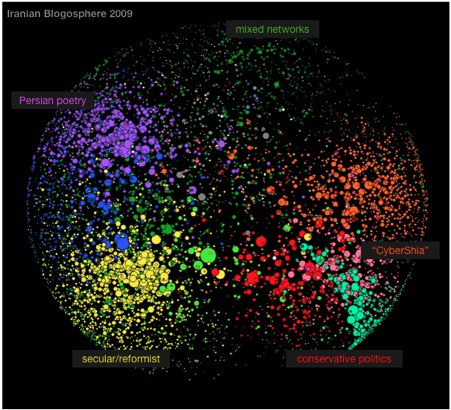
How old are you? Older than 25? Well then you better face the facts: you're past your prime; each new day just brings you one day closer to death.
Take this post from boing boing on video arcades:
In this RPGNet forum, a youngster asks, "I was reading about arcades and how you'd have to queue to play popular games as well as follow rules like no throwing in fighting game or the others wouldn't let you play. This seems rather strange. The money cost must have gotten expensive pretty quickly as well. I'm not old enough to have been to them when they were around so I'm curious about what they were like."I am speechless. Arcades aren't around anymore? What do you do when you have to go bowling for a birthday party, but Jimmy stole the only 9 pound ball, and beside you hate bowling anyway because it sucks and it makes your hand hurt? What DO you do? What!
I know what I used to do: play Street Fighter II. It was something like this:
In arcades, you queued up for popular or new games, usually. You set down a quarter or a button or something on the machine (quarters were the popular choice), and you watched, and when the next round came up (in fighting games, this was when someone lost, but in other games, it was when they ran out of quarters), you jumped in. This usually meant you were playing against someone else, so you got to know everyone who was a regular quick.Exactly! Except the arcade was in Japan Town so you thought you knew everyone else, but that's because you thought you were always playing the same Asian guy named Ping or something. I can say this because I'm not racist!
But wait, what were the mores of this ancient community? From Boing Boing:
I know in our arcade, there was a little sticky on the Street Fighter machine, reading, "M.Bison is an automatic forfeit of next turn", which meant that, if someone chose Bison (who, in the older Street Fighters, was dangerous as hell in an experienced player's hands), they got to play one round with him, and, win or lose, they had to hand the controls over to the next player in line.Guess what Boing Boing, they may have taken that kind of shit at your arcade, but not at Japan Town Bowl. Yes M. Bison was cheap, but that's only if you sucked and couldn't properly counter Bison's Psycho Crusher with Ryu's Shōryū-ken. Then again, if you sucked that bad, you were probably one of those guys who played Guile all the time because you thought his flash kick was invincible (it's not). You probably never had the experience where Ping would totally surprise you by suddenly becoming awesome and using one of those crappy characters like Dhalsim to beat the pants off you.
Oh god I'm old... Read more!












The Palestinian Israeli conflict has been going on for a hundred years now with no end in sight. So I think it's time that we think "outside the box" on this one.
I have a modest proposal, based upon a very simple but compelling premise:
The best compromise is when neither party is happy.
So based on that premise, here’s the plan:
1. Move both the Palestinians and the Israelis to some godforsaken part of the world with plenty of space. Like, say, the Australian outback.
2. Turn present day Israel/Palestine into a toxic nuclear waste dump so that nobody has any incentive to return and fight for control ever again.
3. Everybody's miserable. but they can rebuild their lives together wrestling crocs, shaggin' Roos, and drinking Fosters.
4. If the Australians complain, just continue to expand the "settlements" on their land until they're boxed in like the Palestinians today. Since they are relatively godless, nobody will care, apart from maybe the atheist lobby (i.e. Christopher Hitchens). Also, given Australia's triple crimes of Silver Chair, Yahoo Serious, and Neighbors, they've really had it coming for a while.
Have I offended enough people yet?